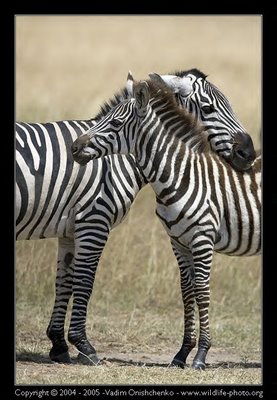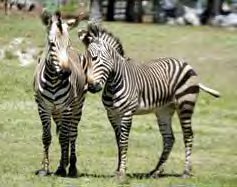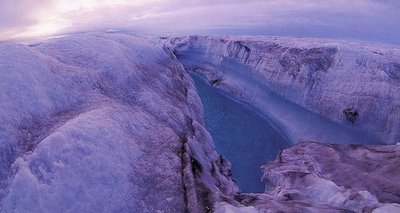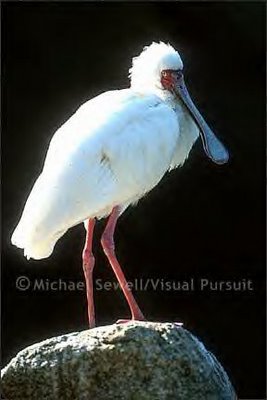Equus Zebra Hartmannae

"Nature never breaks her own laws"
The Hartman's mountain zebra is an endangered wild equid living in a harsh yet fragile environment. Only 362 Hartmann's zebra can be found within 47 zoos worldwide. Twenty years ago, more than 50,000 Hartmann's zebra were found in southwestern Africa. Today, experts estimate there are only about 5,000 of the animals living in disconnected pockets in the western regions of Namibia.
This subspecies is differentiated from it's close relative, the Cape mountain zebra because of it's body size, ears and stripes.
- Did you know?
In Africa's Namib desert Hartmann's mountain zebras have been observed to sniff out water on the surface of dry river beds. They paw at the ground with their hooves to get to water that is sometimes three feet below the surface. By doing so these zebra's benefit other desert dwelling animals. It has also been mentioned that Hartmann's mountain zebras can go without water for four days.
- And to answer that age old question: if you were to shave a zebra, you would actually have a black animal!






